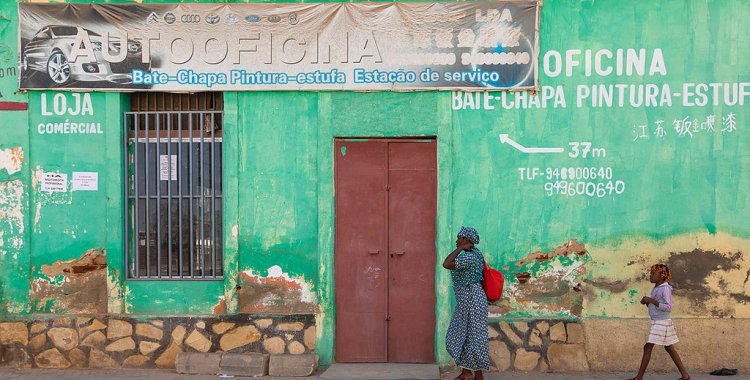"The decline in Angola's rating reflects the impact of lower oil production, with cheaper prices, and a larger than anticipated drop in the kwanza, which has increased public debt levels and the costs of servicing foreign debt, while while international reserve levels have also fallen, "write analysts.
In the announcement released this afternoon, which sinks the note into non-investment, or rubbish territory, as it is generally known, the rating agency says that "solid progress in reforms, in the context of the program agreed with the International Monetary Fund (IMF), was not enough to prevent the deterioration of public finances, and despite the fact that the public debt is expected to fall rapidly under the program, the risks [for the decline to materialize] are high".
In the text accompanying the announcement of the rating decision, Fitch writes that the public debt was at 81 percent at the end of 2018 and exceeded 100 percent at the end of last year, "well above the 56.2 average percent of countries with grade B ".
The debt of Sonangol and other public companies "adds an additional 8 percent of GDP to public sector exposure", warns Fitch, noting that "approximately 80 percent of the change in the level of debt in 2019 was due to the depreciation of the kwanza , with the payment of overdue debts and the recapitalization of banks adding to the increase in debt, which eliminates the improvement that led to a budget surplus ".
Fitch expects a reduction in public debt compared to Gross Domestic Product (GDP) this year, estimating that it will reach the end of the year with a ratio of 87 percent, which drops to 79 percent the next, which already incorporates new financing costs. , for example with the issuance of sovereign debt, and with an additional depreciation of the kwanza.
This rise in debt "raised the cost of interest payments to 35.7 percent of government revenue this year," about three times the average for B countries, at 11.8 percent, writes Fitch, noting that this year alone the debt will cost $ 7.5 billion, plus a further 1.7 billion dollars in interest on state-guaranteed loans.
At the macroeconomic level, Fitch estimates that GDP will come out of recession this year, with an expansion of 1 percent that will accelerate to 2.5 percent next year.







